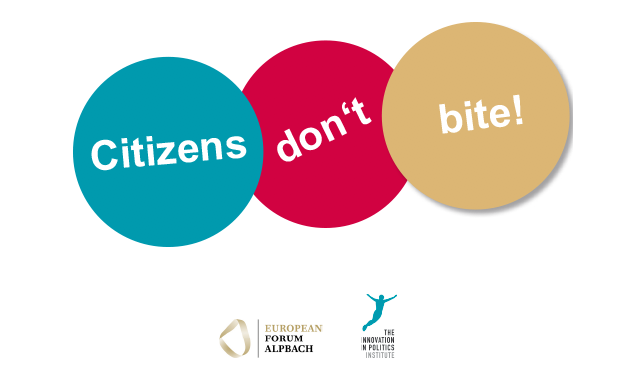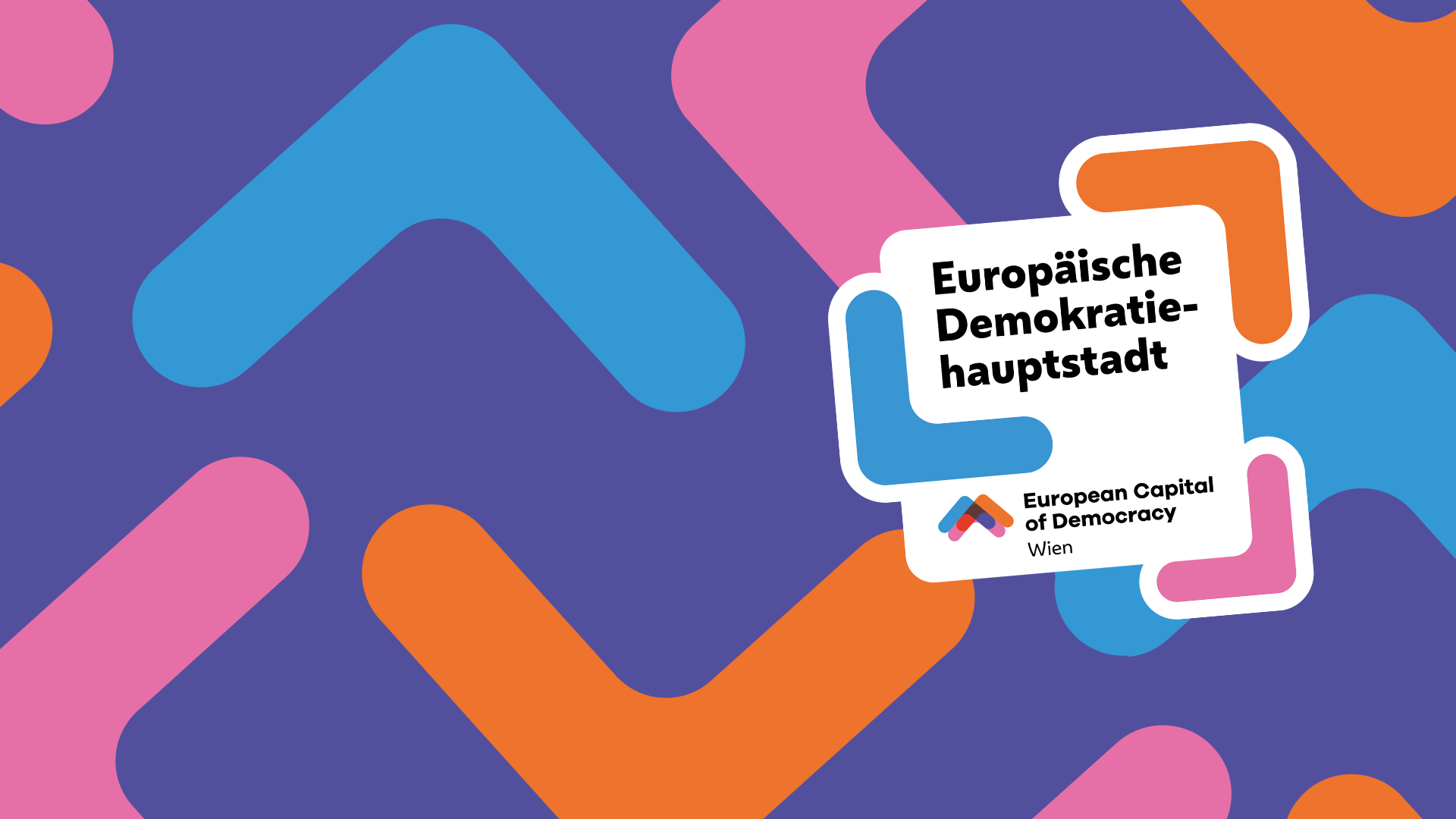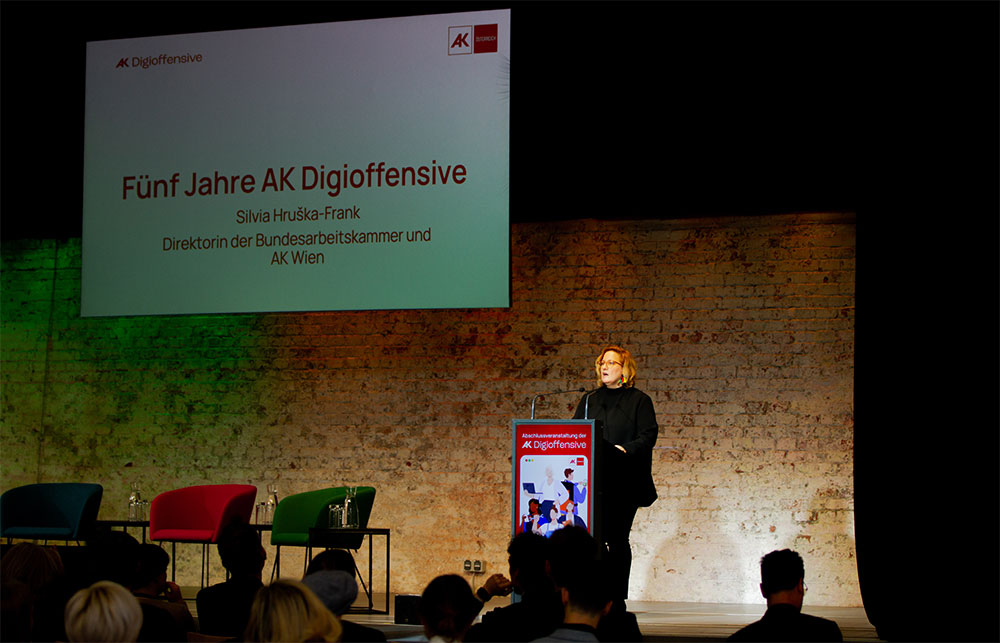Some of the most successful initiatives in citizens’ participation in Europe provided insights into their work at this year’s European Forum Alpbach in Tyrol

The right of citizens to decide – and how to organise it
Some of the most successful initiatives in citizens’ participation in Europe provided insights into their work at this year’s European Forum Alpbach in Tyrol
Alpbach, 27 August 2018 – Participation seems to be one of the big enigmas in contemporary politics: is more involvement of citizens crucial for traditional parties to survive? Is the risk of losing control acceptable, compared to the potential gain of new supporters?
When it comes to participation, the Five Star Movement in Italy claims to be a pioneer: over 100,000 members determine online on the “Rousseau Platform” who their candidates for public office should be and which laws their Members of Parliament should introduce. For the founder of the Rousseau Foundation, Davide Casaleggio, and his colleague Enrica Sabatini, Municipality Leader of Pescara and creator and coordinator of “Open Day Rousseau”, this sort of comprehensive participation is crucial for their movement’s success.
Davide Casaleggio: ”Once citizens participate and see that it works they don’t want to go back. Just like the citizens on the Rousseau Platform would never want to go back to not being able to choose their representatives, not being able to work on the laws which are brought into parliament, not being able to interact in the political life through the internet. This is a new dimension of politics where people can directly make their voice heard about every single topic that is important to them.”
Enrica Sabatini: “We are facing a great change and the opportunities offered by the network could radically transform our political system, our way of participating in collective choices.”
Eamon Gilmore, former Deputy Prime Minister and Head of the Labour Party initiated the Constitutional Convention of Ireland in which 66 randomly chosen citizens and 32 people from democratic institutions and parties together wrote a new constitution. This project is seen as a model of participation on the national level.
Eamon Gilmore: ”Politics and democracy are undergoing a lot of change at the moment. It’s about looking at new ways of involving citizens or putting citizens at the heart of the democratic process. And it’s about looking at new ways in terms of the new technologies which are available.”
To use new technologies in politics for making participation possible on a larger scale, the Czech-Republic-based initiative “Democracy 2.1” (D21) provides communities with an online platform. The citizens of New York use this platform as well as citizens of much smaller communities in Europe to decide on what public funds should be used for (“Participatory Budgets”). Ekaterina Petrikevich, the international project manager of D21, sees the comprehensive character of participation as a crucial success factor.
Ekaterina Petrikevich: “The most important thing is to understand that participation doesn’t start with asking a yes or no question at the end of the process. Citizen engagement should start at much earlier stages. Participation is more than just asking people to go and vote. It is about engaging them in the continuous process, where they feel educated, well informed and listened to.”
The results of the Open Politics Lab of the Green-Liberals in Switzerland show a similar experience. Corina Gredig-Ziehlmann, head of the so-called glp-lab, recommends to start as early as possible with involving citizens.
Corina Gredig-Zihlmann: “If you limit participation to the end of the decision-making process, you get protests and polarising results. Nevertheless, when you start participation at the very beginning you shouldn’t make the mistake to promise to much. I would never promise that a law can be changed just like that. What you can say is that there are other important outputs – let’s call them political products – such as articles in newspapers, a political discussion, or a step forward in an issue, as this is already a success.”
As a best practice on the ground, entrepreneur Martin Winkler is building a grass-roots initiative together with a Vienna neighbourhood. The initiative “Amidst Hernals” aims to create a model for citizens’ engagement on the local level.
Winkler, as most other speakers at the session “Citizens don’t bite” in Alpbach, points out a problem of modern democracy and citizen engagement: “The risk of democracy is that the majority might be against you. The more people are involved, the less an outcome can be controlled.”
The session was hosted by the Innovation in Politics Institute which identifies ground-breaking political projects throughout Europe and makes their experiences and know-how available to others in politics.
For Edward Strasser, founder of the Innovation in Politics Institute, the gathering of five best practices “shows clearly, that citizens’ participation has a huge impact on a politician’s and movement’s success – as long as you pursue it seriously.”


